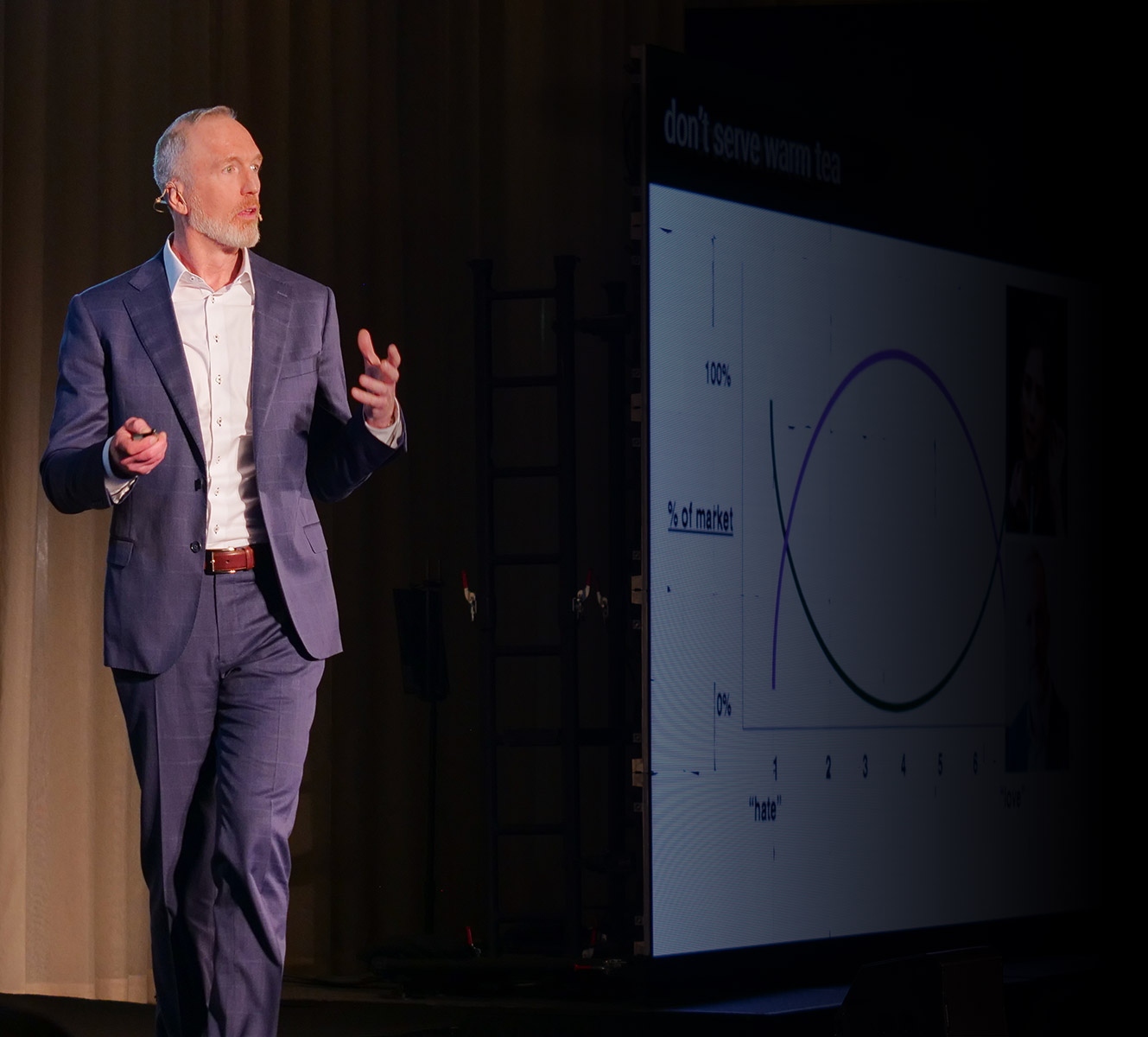Peter McGraw helps organizations that are struggling to delight customers and failing to stand out in a cluttered marketplace.
Leveraging the Rise of Singles in the Workplace
One way is to look at a huge overlooked group of employees who are becoming impossible to ignore.
Singles.
In 1960, American business was booming—and so was matrimony. Seventy two percent of adults were married, 90% would marry, and 65% of married couples had children under 18 in their household.
Fast forward to today, the landscape has shifted dramatically: half of all adults and half of the work force in the U.S. are unmarried. A look around your workplace will reveal recent college grads, never married elder Millennials, divorced empty nesters, and semi-retired widows. According to Pew Research one in four Millennials will never marry.
HR policies and management practices in 1960 were designed with the premise that employees would eventually marry and have family. With that outcome no longer inevitable, legacy practices and policies may cause single employees to feel singled out—especially those who won’t partner up, settle down, and have children.
To address this shift, Peter McGraw suggests updating three key areas—benefits, scheduling, and culture—in order to improve workplace morale and the ability to attract and serve single employees while not making non-single employees worse off.
By updating HR policies and management practices to be more inclusive of single employees, companies can not only enhance workplace morale but also position themselves as forward-thinking and adaptable in a competitive market. Ignoring this growing segment risks alienating a significant portion of the talent pool, whereas embracing it can pave the way for a more diverse, inclusive, and productive work environment.
Selling and Marketing to Singles
As the conventional nuclear family structure of the 1960s wanes, a new dominant demographic force emerges: the single household.
Half of the adult U.S. population, approximately 128 million individuals, are single—and a deliberate choice by many. Half of singles aren’t interested in dating or a relationship at the moment, and many are staying single forever. Businesses should take note of the surge in one-person households, which have increased from 13% in 1960 to 28% in 2020.
Peter McGraw contends singles are an overlooked and undervalued market segment that smart businesses can engage to escape competition. He presents factors driving the striking rise of singlehood globally, delves into the unique needs and lifestyles of singles, and proposes strategies businesses can adopt to better serve this enormous customer base.
While singles are a varied demographic, their objectives, lifestyles, and resources frequently diverge from those of their partnered peers. McGraw introduces four categories of singles—Somedays, Just Mays, No Ways, and New Ways—and highlights how their distinct needs present lucrative opportunities for astute businesses. Throughout his talk, McGraw incorporates success stories and case studies, showcasing enterprises that have flourished by addressing the solo consumer’s needs.
In an ever-evolving marketplace, recognizing and adapting to demographic shifts is crucial. The rise of the single consumer presents a golden opportunity for businesses willing to understand and cater to their unique needs.
Going Solo in a World Built for Two
With half of single adults in the United States choosing singlehood and similar trends occurring globally, it’s time to dispel myths and understand the true essence of this societal shift.
Join Peter McGraw as he explores:
- The Single Surge: Dive into statistics that highlight the rapid rise of single living. From the U.S. to Sweden and South Korea, understand the extent and implications of this global trend.
- Busting Stereotypes: Debunk prevalent misconceptions surrounding singles, based on hundreds of interviews and thousands of survey responses:
- Are singles truly lonely and constantly seeking partnerships?
- Is the choice of singlehood a reflection of an inability to commit or create a family?
- Does the rise in single living signify a societal decline?
- The Positive Impact of Singles: Celebrate the diverse contributions of singles to society. From community involvement to economic contributions to making great art, single adults play a pivotal role in shaping the modern world.
- Lessons from the Single Life: Discover three profound lessons that even married individuals can learn from singles to enrich their lives.
With policy makers, religious leaders, and even your Aunt Sally urging people to marry, it’s crucial to recognize that for many adults, this choice is neither a temporary phase nor a ‘lesser’ lifestyle.
Shtick to Business: From Punchline to Bottom Line
Comedians don’t just make us laugh; they epitomize resilience, creativity, and innovation. Their tools of the trade can provide businesses with unparalleled strategies to thrive.
As a global expert in the scientific study of humor who has shared the with comics and spent time with them in dingy green rooms, Peter McGraw presents entertaining insights gleaned from the masters of comedy—and most creative rule breakers:
- How a simple “101” comedy trick used by Chris Rock, Ali Wong, and Anthony Jeslenik can overcome biases and reveal new business opportunities.
- Why Tina Fey and Amy Poehler’s approach to comedy is the model for the radical collaboration needed to implement creative solutions
- What tactics Mae West, Jim Gaffigan, and the writers of The Onion use to enhance inventive thinking.
- Why smart businesses are building brands like Dave Chappelle, Joan Rivers, and Sarah Silverman in order to get ahead of the competition.
- How to develop Jerry Seinfeld’s comic-as-outside perspective in order to identify new growth opportunities and fearlessly smash the status quo.
The world of comedy, surprisingly, offers a treasure trove of insights. McGraw—with the help of the world’s funniest people—will help you uniquely solve problems, craft messages that cut through the clutter, and create ground-breaking products and captivating brands.
Talks at select organizations
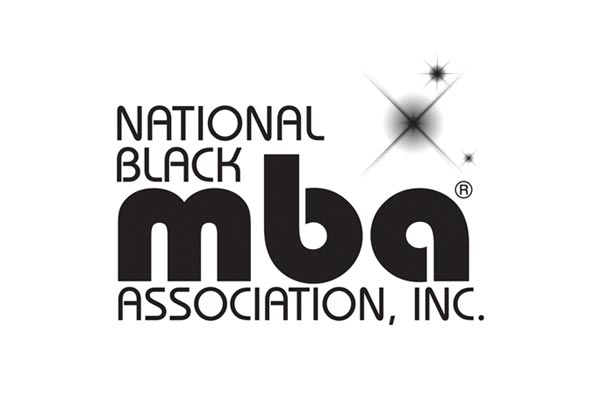























Peter McGraw is a sought-after professional speaker.
Dr. Peter McGraw is a behavioral economist and global expert in the scientific study of humor. He directs The Humor Research Lab (HuRL), hosts the podcast I’M NOT JOKING, and is the co-author of The Humor Code: A Global Search for What Makes Things Funny. McGraw is a business school professor who teaches MBA courses for the University of Colorado Boulder, University of California San Diego, and London Business School. His work has been covered by The New York Times, Wall Street Journal, Harvard Business Review, NPR, BBC, and CNN.
Talks at select universities

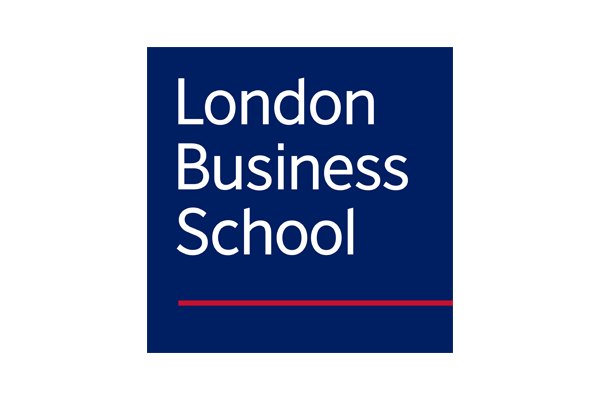





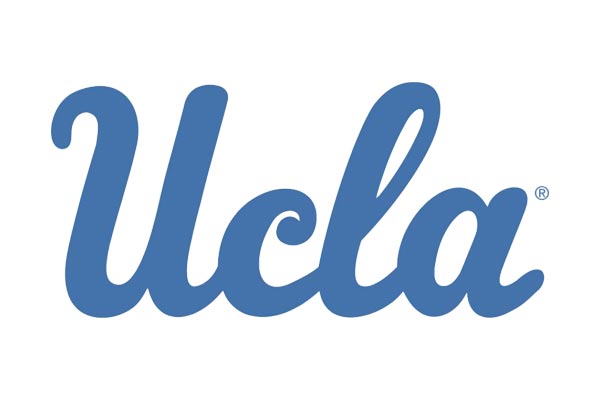

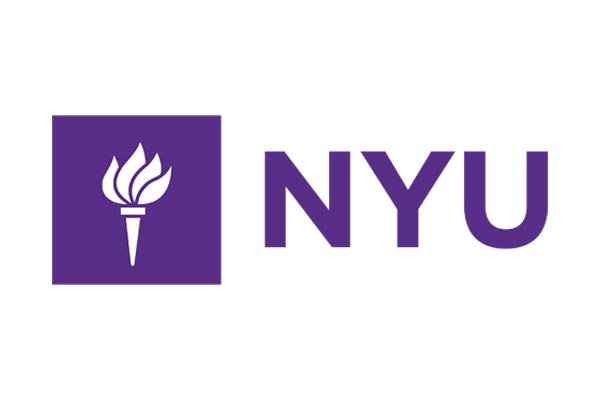


Talks at select universities












